A6 upgrade: Legal challenge to 'road through Heaney country'
- Published
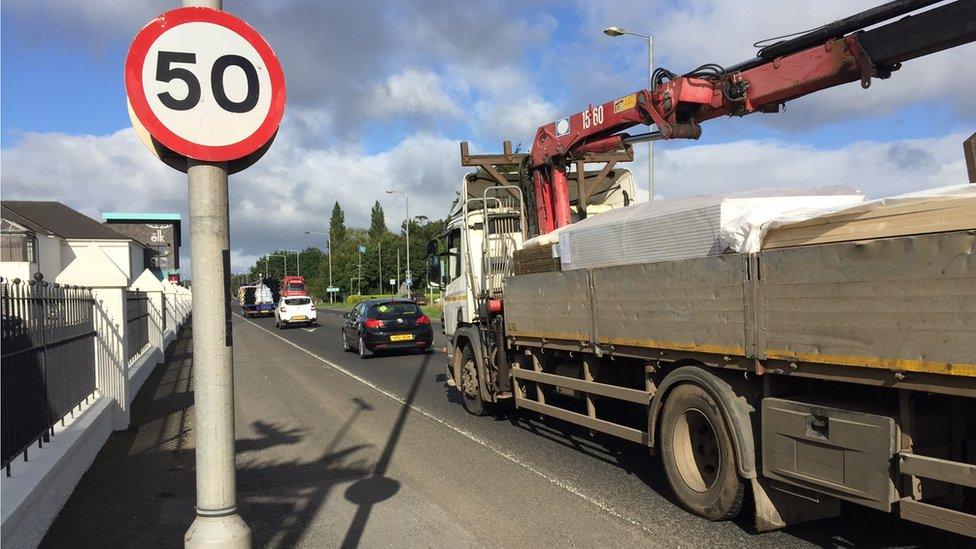
The A6 is the main Belfast to Derry road and is heavily used
An environmental campaigner has got permission to challenge a proposed new road through landscape made famous by poet Seamus Heaney.
Chris Murphy was granted leave to pursue a judicial review of the A6 upgrade.
It is the first stage in a bid to halt the £160m dual carriageway because of concerns over the impact on wildlife in and around Lough Neagh and Lough Beg.
A judge has ruled the challenge should proceed to a full hearing in 2017.
The A6 is the main Belfast to Londonderry road and is heavily used.
Mr Murphy, an ornithologist, was granted leave in the High Court to seek a judicial review over an alleged breach of a directive on a specially protected area close to a section of the Toome to Castledawson stretch of the upgrade.
The A6 upgrade would also run through a landscape made famous by Heaney including an area near Mossbawn, County Londonderry, the former Nobel laureate's childhood home.
Mr Murphy said Heaney's work was fundamental to the area's landscape.
"The wild and the wet inspired him and he immortalised it in his work," he said.
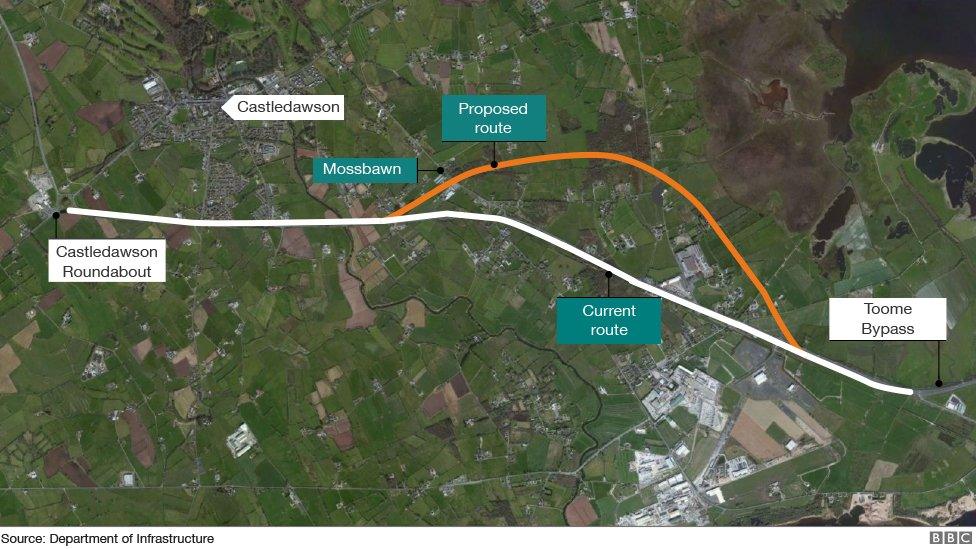
The A6 upgrade will cover a 9 mile stretch from the Toome bypass to Castledawson
"You have got dozens of places in his poetry that will be destroyed by the impact of the noise of a motorway so close to Mossbawn".
The environmentalist issued proceedings after the upgrade was given the go ahead by Northern Ireland's Infrastructure Minister Chris Hazzard.
At Thursday's hearing, a judge said there was still uncertainty surrounding checks to determine the disturbance to wildlife in and around Lough Neagh and Lough Beg.
The judge held that an arguable case has been established on an alleged breach of the habitats directive that gives protected status to both Loughs.
He noted that further assessments have been carried out since the department first made checks on the presence of nesting birds, badgers and bats, and to ensure minimisation of disturbance to whooper swans.
But the judge said he was unclear whether these actions were part of a fulfilment of the habitats directive obligations.
"The court is left wondering about the impact or otherwise of the checks being carried out," he said.
The judge said that any concerns may be eased once further information is supplied.
However, he ruled that the challenge should proceed to a full hearing early next year.
"There's substantial public interest involved in a case like this," he said.
"Stopping a major road project is a matter of considerable importance."
The disputed route for the dual carriageway was identified following a public inquiry nearly a decade ago.
- Published29 September 2016
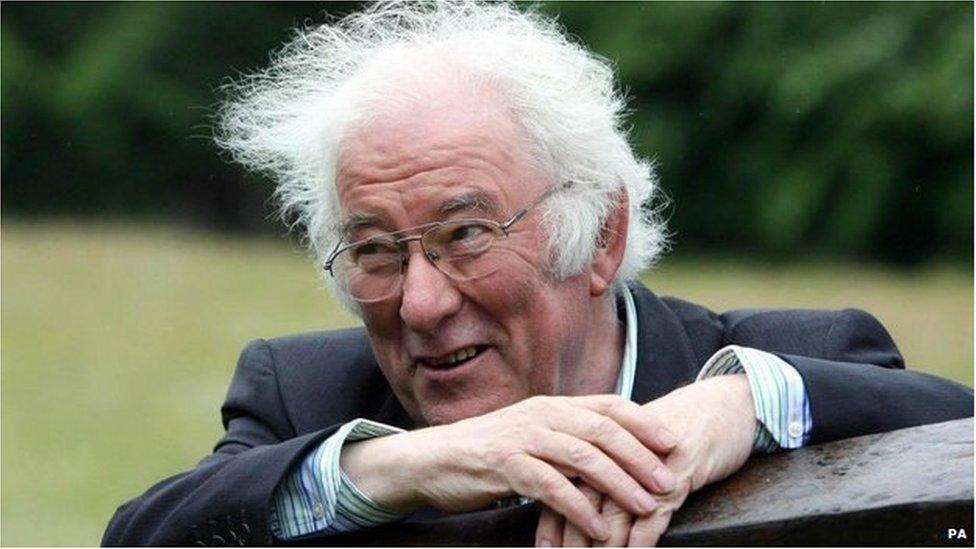
- Published16 September 2016
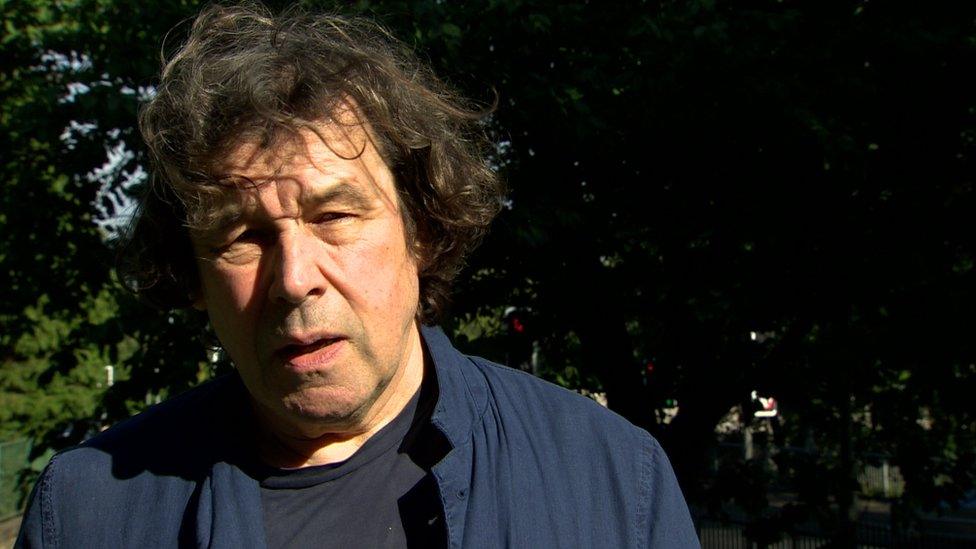
- Published17 August 2016
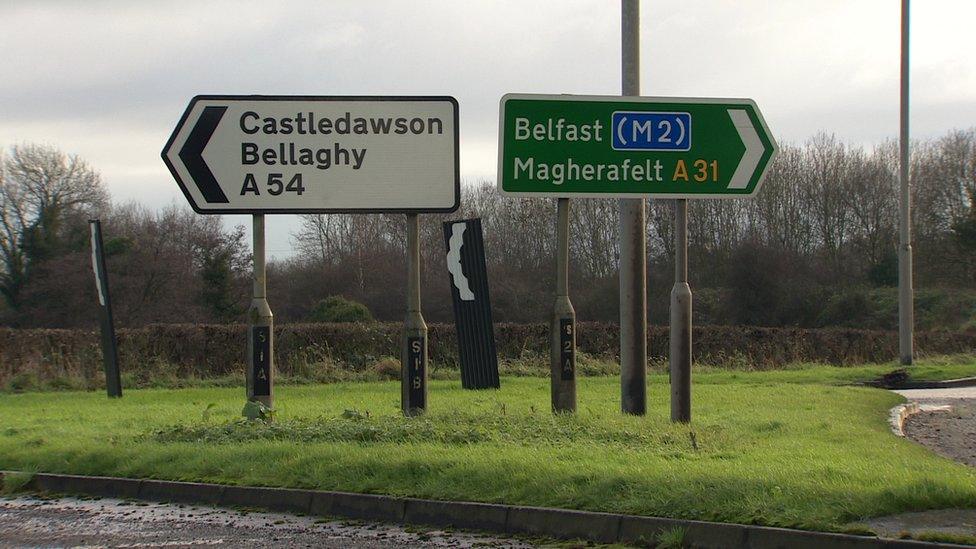
- Published13 January 2016
